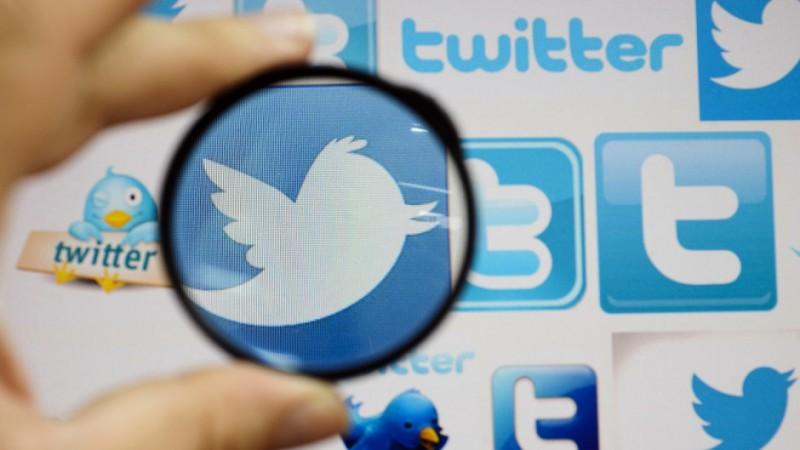
In this day and age, there's hardly a chance that you are not a social media buff. And with the likes of Facebook and Twitter being your everyday escape routes at work and beyond, it's only natural that you are always online. On a similar note, though, there's good news for all those of you more attached to Twitter.
According to reports, there's a new tool that's been developed by researchers after a thorough study that will now help the Twitter-faithful to construct the "perfect tweet." With a new algorithm in place, Cornell University researchers have shown how, in case of Twitter, the element of style plays a bigger role than material.
A recent study backed by the National Science Foundation and Google made use of an algorithm to methodically analyse the sentence constructions, rhetoric and keywords that allow certain tweets to get more attention than others.
The findings were then used to create a tool that evaluated two wordings of the same tweet to determine a percentage chance that one is likely to be more popular than the other, as reported by Mashable.
But what are the factors involved or the ingredients required to chalk out the perfect tweet? According to researchers, graciously requesting followers to retweet any material can work wonders in pushing the popularity curve of the tweet. Words like, "please," "pls," "plz" and "retweet" topped the list of aspects that represent a booming tweet.
Keeping check on the popularity of the user and the subject matter of the tweets, Mashable noted that the authors looked at numerous posts from different accounts and studied the shares "in relation to key phrases, online communities reached and other factors."
Also, the researchers used Twitter since it proved to be the easiest platform to set up a controlled experiment, although they are hoping that the recent results will also apply to other types of communication as well, going forward. "We're looking at persuasion everywhere," Lillian Lee, a computer science and information science professor at Cornell, stated.
Apart from that, the study also found that adding the words "please retweet" to an identical message, in the popularity calculator, made a tweet about 95% more likely to be shared. Also, users were advised to use languages recognisable to the target audience, maintaining that it is consistent with past messages and replicate the abbreviated style of headline writers.
The study also suggests on giving a tweet a positive or negative spin, making it easy to read and informative, while staying away from the first person. Adding the word "I" to an otherwise identical phrase could also cut down on a tweet's sharing potential by about 50%.
While the tool isn't really flawless, the site explained that it analyses how informative the tweet is and adding another word in random makes the post around 50% more retweetable.
Nonetheless, the researchers have indeed pointed out one glaring fault in the research. Their machine is yet to master a sense of humour. "We would love to capture amusingness or cleverness, but we haven't found a way to do that yet," Lee added.








